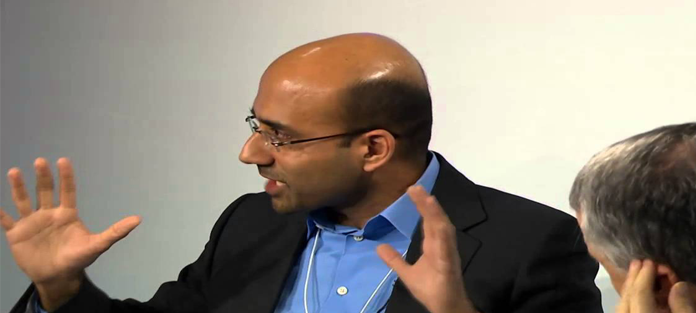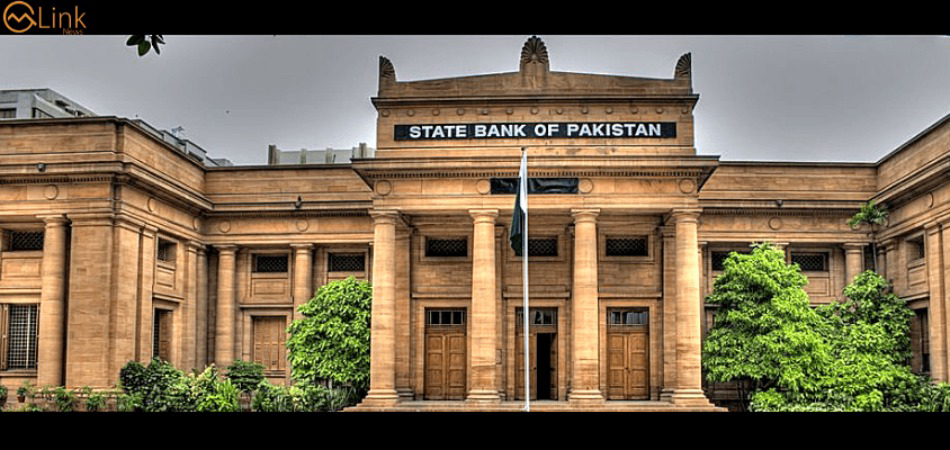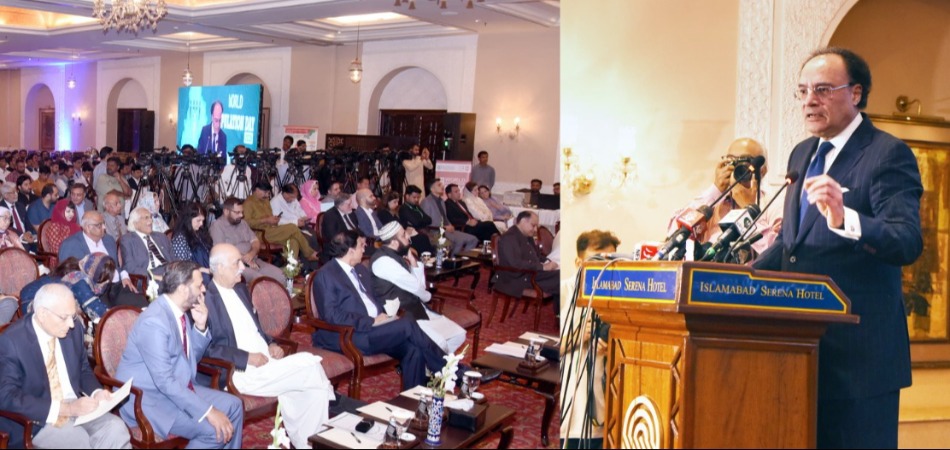Pakistan's economy is in deep crisis: Atif Mian

MG News | July 21, 2022 at 12:18 PM GMT+05:00
July 21, 2022 (MLN): Pakistan's economy is in deep crisis and if assistance does not come through - starting with the IMF - the feared "doom loop" of financial markets constricting the real economy will only intensify, Atif Mian Senior Economist said in series of tweets on Wednesday.
“The spread on dollar debt (16%+) is in the range where the number only matters for speculators now, the country is effectively shut off from private capital markets,” he highlighted.
The rupee has lost 20% of its value in three months, while the current account remains negative and dollar rollovers coming due.
He warned that the issue is not "default" per se - but its terrible consequences for the people.
Pakistan has left itself almost completely at the mercy of foreign assistance. “This is the real sin of its political elite,” he added.
He pointed out that energy and medicine are mostly imported, and Pakistan is no longer self-sufficient to fulfill its domestic requirement of food.
He went on to say, “So, the key issue will be ‘rationing’, in the short run, no price can clear these markets, because Pakistan cannot produce these essentials, and who else will pay for it?”
He also indicated that the Russian invasion sent oil prices skyrocket. But it is important to keep in mind that Bangladesh buys the same oil that Pakistan does, so why is Pakistan is so much deeper trouble?
In fact, Bangladesh just lent 250M$ to Sri Lanka, he added.
“One reason is that while oil prices were going higher, Pakistan was selling some of the cheapest oil in the world domestically,” he highlighted.
He also mentioned that the PTI government reduced prices domestically and started to subsidize it for political mileage which had set a minefield for the PMLN government.
“If PMLN were smart, they should have stepped back from the VONC .... but anyways, that's not important,” he explained.
It was only a matter of time before PMLN had to choose between default today or raising oil prices to the international level and it did the latter and won over the public's fury, he said.
Talking about currency melancholy, Atif Mian pointed out that PMLN deliberately kept the exchange rate appreciated when the country ran deeper into bop issues because elections were approaching.
PTI won and had to face a currency crisis in its early months that was essentially PMLN's fault. This time PTI returned the favor.
He went on to say, “And it has happened many times before ... e.g. Musharraf regime's dying months.“
Criticizing the Naya Housing project initiated by PTI, he added, “When PTI came to power, it had a chance to set things right, and the most important issue was (and is) to get the external account balanced. But it lacked any direction or purpose. e.g. it started with its flagship 'Naya Housing' program.”
He also termed COVID as a sigh of relief for the economy. “Covid actually helped take the pressure off external demand … people weren't driving as much; the rich weren't flying and so on.”
The result was a temporary current account surplus.
It was temporary though, and a deeper structure imbalance was just waiting to whiplash the economy once Covid receded and Pakistan's balance of payment started to worsen.
It is important to understand that the dynamics were quite negative even before the Russian oil shock hit, the oil shock and PTI's response it only hastened the fall, he said.
He also mentioned that the income earned through relatively less productive avenues such as investment in land and real estate eventually increases the demand for imports that continue to drag Pakistan towards the chronic issue of BoP.
Pakistan has a fundamentally unsustainable growth model as the majority of people make a lot of money through appreciation of the land they hold (less productive) and ultimately, they consume capital gains that put pressure on imports, while at the same time, the exports volume does not expand by the same magnitude in the absence of productive economic activities, he explained.
Shedding light on the investors’ credibility, he said, “The toughest challenge Pakistan faces is bringing back some modicum of credibility - credibility with investors, credibility with its own people.”
There has to be some minimum set of rules that everyone - the main parties, and the "establishment" will legitimately agree on, he added.
Atif Mian underlined the need for a political grand bargain to find that common space every functioning society needs.
That political bargain must have at least two components to make any difference. First, the political elite has to agree to stop using the "religion card".
Second, the elite capture of the economy is particularly pernicious and unproductive in the case of Pakistan.
Pakistan stands out in how poorly its median citizen fares on basic needs such as education and health, even when compared to countries with similar income per capita, he added.
The powerful are knee-deep in unproductive, rent-seeking sectors like real estate and sugar. That must change.
The taxation and incentive structure must favor productive activities over unproductive ones - and open up the economy to women, he noted.
Copyright Mettis Link News
Related News
| Name | Price/Vol | %Chg/NChg |
|---|---|---|
| KSE100 | 134,299.77 290.06M |
0.39% 517.42 |
| ALLSHR | 84,018.16 764.12M |
0.48% 402.35 |
| KSE30 | 40,814.29 132.59M |
0.33% 132.52 |
| KMI30 | 192,589.16 116.24M |
0.49% 948.28 |
| KMIALLSHR | 56,072.25 387.69M |
0.32% 180.74 |
| BKTi | 36,971.75 19.46M |
-0.05% -16.94 |
| OGTi | 28,240.28 6.19M |
0.21% 58.78 |
| Symbol | Bid/Ask | High/Low |
|---|
| Name | Last | High/Low | Chg/%Chg |
|---|---|---|---|
| BITCOIN FUTURES | 118,140.00 | 119,450.00 115,635.00 |
4270.00 3.75% |
| BRENT CRUDE | 70.63 | 70.71 68.55 |
1.99 2.90% |
| RICHARDS BAY COAL MONTHLY | 97.50 | 0.00 0.00 |
1.10 1.14% |
| ROTTERDAM COAL MONTHLY | 108.75 | 108.75 108.75 |
0.40 0.37% |
| USD RBD PALM OLEIN | 998.50 | 998.50 998.50 |
0.00 0.00% |
| CRUDE OIL - WTI | 68.75 | 68.77 66.50 |
2.18 3.27% |
| SUGAR #11 WORLD | 16.56 | 16.60 16.20 |
0.30 1.85% |
Chart of the Day
Latest News
Top 5 things to watch in this week
Pakistan Stock Movers
| Name | Last | Chg/%Chg |
|---|
| Name | Last | Chg/%Chg |
|---|




 MTB Auction
MTB Auction